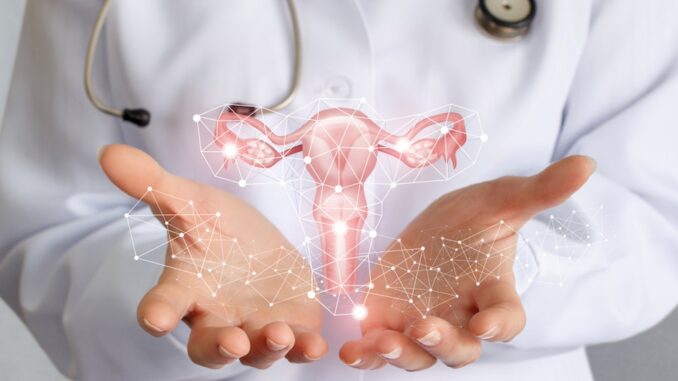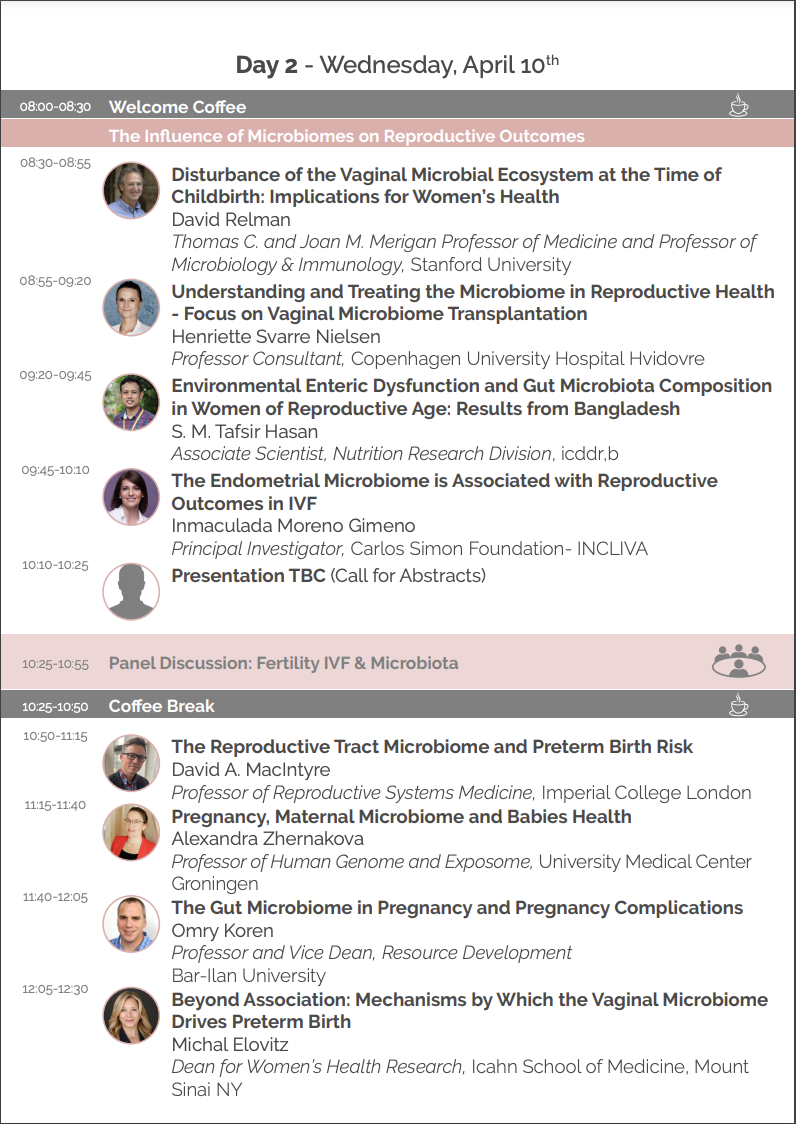

Daniel Quinn
Women’s Health & the Microbiome
Women’s health refers to a collection of conditions experienced exclusively by women such as pregnancy or menopause, or experienced differently by women than men, such as heart disease and anxiety. Unfortunately, Women’s health has a history of being neglected by scientific research, resulting in a lack of treatment and product options for a range of common conditions. A recent World Economic Forum report noted that the lack of research into women’s health results in longer diagnosis times and worse health outcomes for women compared to men.
Fortunately, we are seeing the beginning of significant R&D to close this gap by innovative researchers and companies developing novel solutions to women’s health challenges. According to a 2024 McKinsey & Company report closing the women’s health gap could add $1 trillion to the global economy by 2040.
An exciting avenue for closing this therapeutic R&D gap is the microbiome. With the microbiome implicated in everything from menopause to pregnancy outcomes, it presents a promising target for novel product development. According to PubMed in 2014, only 68 papers were published on “Women’s Health and the Microbiome”, in 2023 alone 320 research papers were published demonstrating the rapidly growing research output of this exciting area.
This growth is not just limited to research either, demonstrated by investors interest in the in the space. Freya Biosciences, a live biotherapeutic developer, for instance, recently made history by announcing a $38 Million funding round – one of the largest series A rounds to advance women’s reproductive immunotherapies. In 2023, Evvy, Daye, and Juno Bio raised $14M, £10M, and $25 million respectively to develop vaginal testing platforms.
Jaques Ravel, Acting Director for the Institute for Genome Sciences and Professor of Microbiology and Immunology, University of Maryland School of Medicine explains:
“After years marked by limited innovation in treating vulvovaginal conditions, recent rigorous translational developments are harnessing scientific advancements in genomics and microbiome research. This surge in innovation is driven by the urgent need for new antibiotic-sparing drugs to alter the composition and function of the vaginal microbiota, aiming to restore a healthy microbiome to prevent and treat infections/diseases. Women’s health is finally receiving the attention and investment it has long deserved.
These efforts include the development of single-strain drug formulations tested in large-scale, randomized, double-blind, placebo-controlled trials, which are demonstrating promising clinical efficacy. Additionally, more innovative approaches, such as vaginal microbiota transplants and microbiome-based bacterial consortia mimicking optimal vaginal microbiota, are also showing great promise in clinical trials. There is a pressing need for new drug products with proven clinical efficacy and regulatory approval, which healthcare providers and patients can confidently use.
With numerous academic and private initiatives underway, there is considerable optimism that these products will become available in the near future.”
The Inaugural Microbes in Women’s Health Congress
In a first-of-its-kind event coming to Copenhagen, April 9-11th, 2024 at Microbes in Women’s Health Congress, industry and academia will unite to explore how microbiome research can be applied to improve women’s health outcomes – focusing on actionable science that will facilitate the future of women’s treatment options.
With an event program crafted by industry and academic heavyweights including:
- Vanessa Ridaura – Senior Program Officer – Microbiome Products at Bill & Melinda Gates Foundation
- Ina Schuppe-Koistinen – Alliance Director Center for Translational Microbiome Research – Karolinska Institutet
- Kelle Moley – Global VP of Clinical and Translational R&D, Reproductive Medicine and Maternal Health – Ferring Pharmaceuticals
- Jacques Ravel – Acting Director for the Institute for Genome Sciences and Professor of Microbiology and Immunology, University of Maryland School of Medicine
- Adam Baker – Director of Science, Future Labs – Chr. Hansen
- Johan E.T. van Hylckama Vlieg – Chief Scientific Officer – Freya Biosciences
“I am most excited that the Microbes in Women’s Health Conference will bring together experts in women’s health and microbiome field to address women’s health innovations, help understand the intersection between biotech and academic research and foster collaboration to move the field towards translatable solutions to impact Women’s health.”
Vanessa Ridaura, Senior Program Officer – Microbiome Products at Bill & Melinda Gates Foundation remarked.
“As research progresses, the integration of microbiome considerations into healthcare practices is likely to significantly improve outcomes and enhance the overall well-being of women.”
Ina Schuppe-Koistinen, lliance Director Center for Translational Microbiome Research – Karolinska Institutet commented.
Upcoming talks for the inaugural “Microbes in Womens Health Congress” include:
- Disturbance of the vaginal microbial ecosystem at the time of childbirth: implications for women’s health – David Relman, Professor of Medicine, and of Microbiology & Immunology, Professor of Medicine, and of Microbiology & Immunology, Stanford University
- Beyond Association: Mechanisms by Which the Vaginal Microbiome Drives Preterm Birth – Michal Elovitz, Dean for Women’s Health Research, Icahn School of Medicine, Mount Sinai NY
- The Endometrial Microbiome is Associated with Reproductive Outcomes in IVF – Inmaculada Moreno Gimeno, Senior Principal Investigator, Carlos Simon Foundation
- Isala: Mapping the vaginal microbiome, culturome and metabolome with citizen science – Sarah Lebeer, Research professor, University of Antwerp
- Deciphering & targeting the virome for Women’s Health – Alexandra Sakatos, CEO, Ancilia Biosciences
- The future of microbial treatments for bacterial vaginosis – Caroline M. Mitchell, Associate Professor of Obstetrics, Gynaecology, and Reproductive Biology at Massachusetts General Hospital
- The Reproductive Tract Microbiome and Preterm Birth Risk – David A. MacIntyre, Professor of Reproductive Systems Medicine, Imperial College London
Download the Full Conference Program Here:


